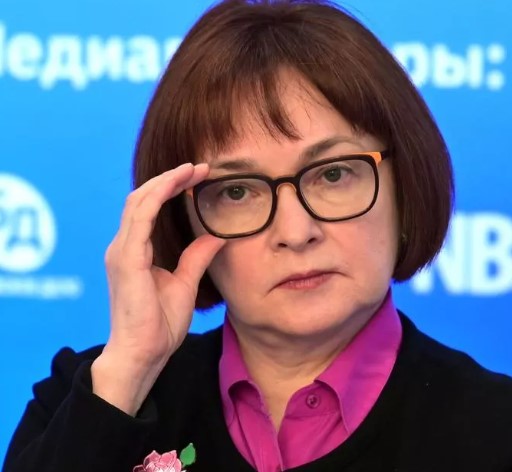Shvetsov called abuse of currency regulation dangerous

Abuse of foreign exchange regulations can be very dangerous and ineffective. This was stated by the Chairman of the Supervisory Board of the Moscow Exchange, former First Deputy Chairman of the Central Bank Sergei Shvetsov at the Moscow Financial Forum, an RBC correspondent reports.
“About currency regulation. These measures - there is a fairly large amount of research - should be introduced to solve tactical problems. Not a single currency regulation norm has been in effect for more than six months,” Shvetsov said. He added that the market will always find a way to circumvent any currency control measure, as well as sanctions restrictions. “This makes the market opaque, more expensive, and reduces the level of competition in the market. Therefore, it is very dangerous to abuse currency regulation. But the most important thing is that this will not be effective,” he believes.
Shvetsov recalled that strategically one of the reasons for the success of the Russian capital market was the lack of currency regulation in comparison with other countries. “If we want to fight for the “world pie” of this very capital, we must be attractive for investment. Any measures of currency regulation must be compensated by high profitability. We don’t have many projects that have extremely high profitability for foreign capital to close its eyes and invest money in such projects,” says Shvetsov.
Earlier, the head of the Bank of Russia, Elvira Nabiullina, also spoke about the ineffectiveness of currency control measures. She also believes that businesses will look for ways to circumvent the restrictions. “If we try to close more and more loopholes (of the money transfer business -), for example, to limit the transfer of rubles abroad, then these ineffective restrictions will grow like a snowball. We will close something, business will find a new gap, and so on ad infinitum,” Nabiullina said. The head of the Central Bank believes that only economic incentives, adequate loan costs and a taxation system structured in such a way that, through transfer pricing, does not reduce the need to sell foreign currency to pay taxes, work to curb the ruble exchange rate.
In early September, VTB head Andrei Kostin, in an interview with RBC, proposed closing loopholes for the withdrawal of large sums abroad and limiting transfers in rubles to support the exchange rate of the national currency. “Suppose you decide to transfer money abroad: restrictions have been introduced on $1 million per month, and in rubles - transfer as much as you want. What happens next? You transferred a billion to Armenia, and it is immediately returned in exchange for dollars. This opportunity needs to be closed, for example,” Kostin said. He proposed setting a threshold for such operations at 100 million rubles.
In 2022, at the peak of the crisis, the Bank of Russia introduced numerous currency control measures. “They could have given some result, but we introduced them together with other measures and we see that our analysis shows that the main result was associated with the prompt reaction of monetary policy, a sharp rise in interest rates, then this was supported by the dynamics of exports and import. Export revenues have increased sharply, while imports have decreased significantly,” Nabiullina said. Thus, these measures include restrictions on the issuance of cash currency from existing deposits, on the export of cash abroad, restrictions on the amount of currency transfers abroad, etc.
Read PionerProdukt .by What will change in the diamond market after the import ban by the G7 countries Is it worth buying real estate in Kazakhstan: prices , profitability, pitfalls What is the secret of the survivability of the oldest US companies - The Economist When to file for bankruptcy of a debtor: 4 red flags



























































